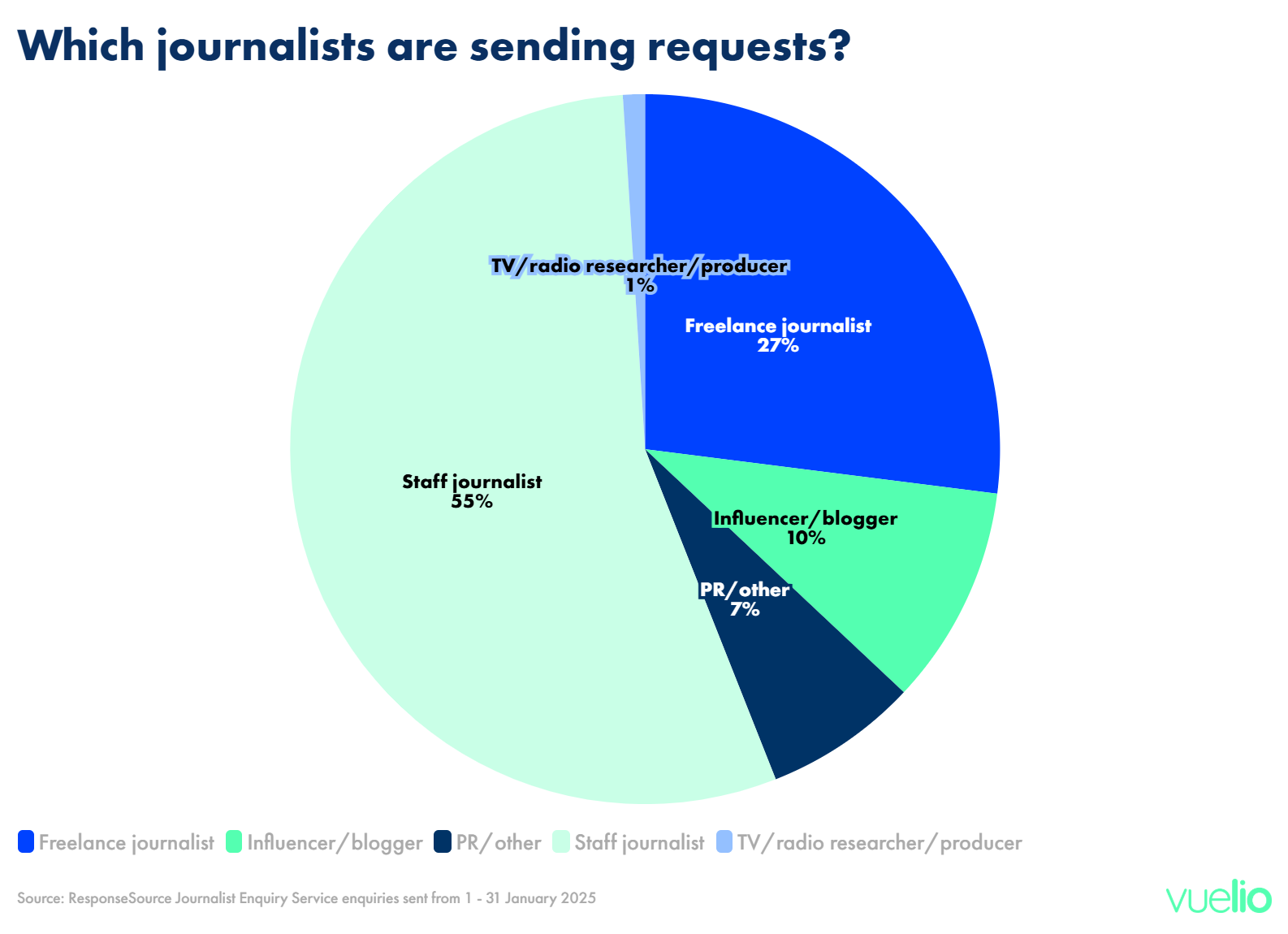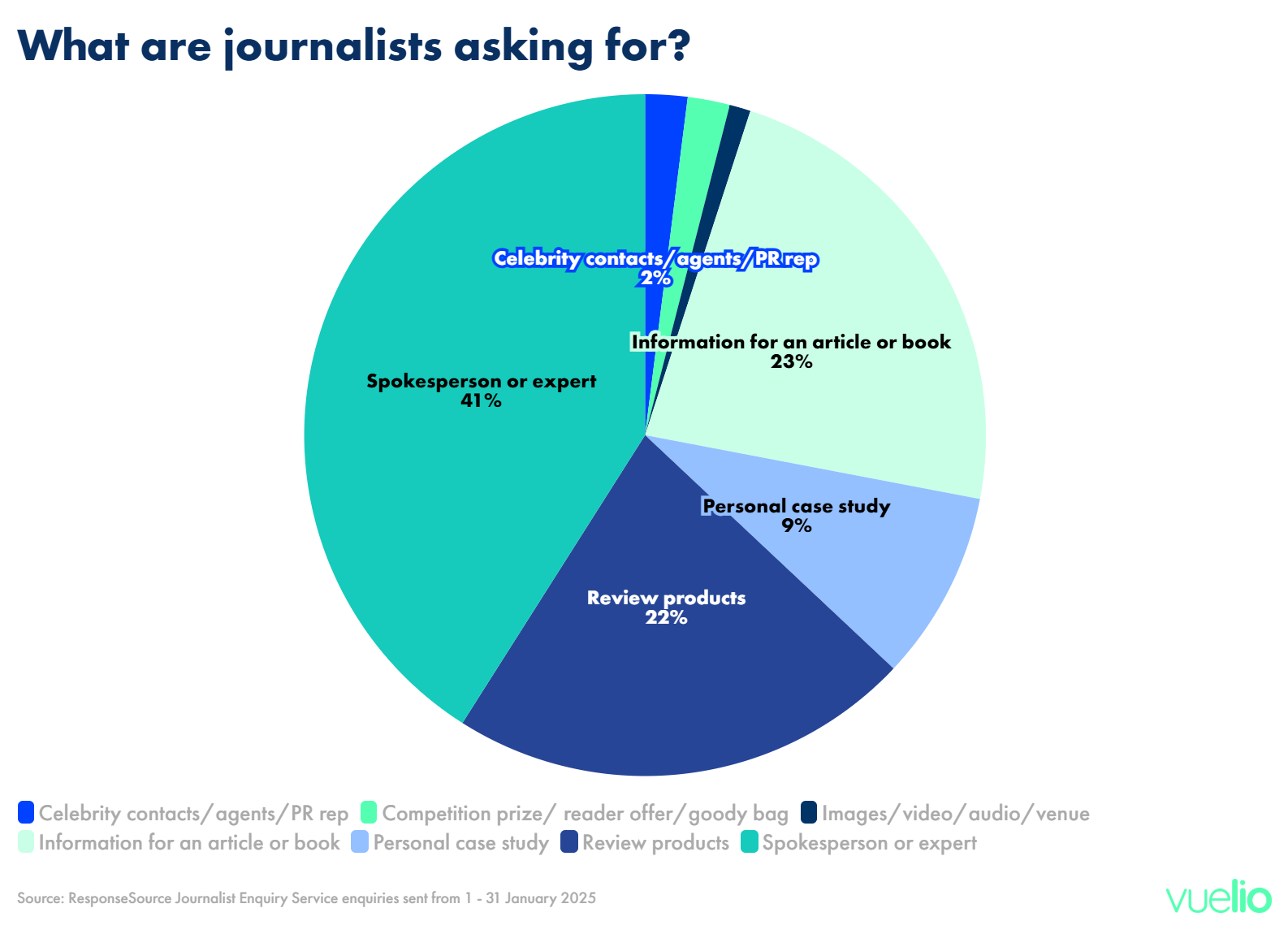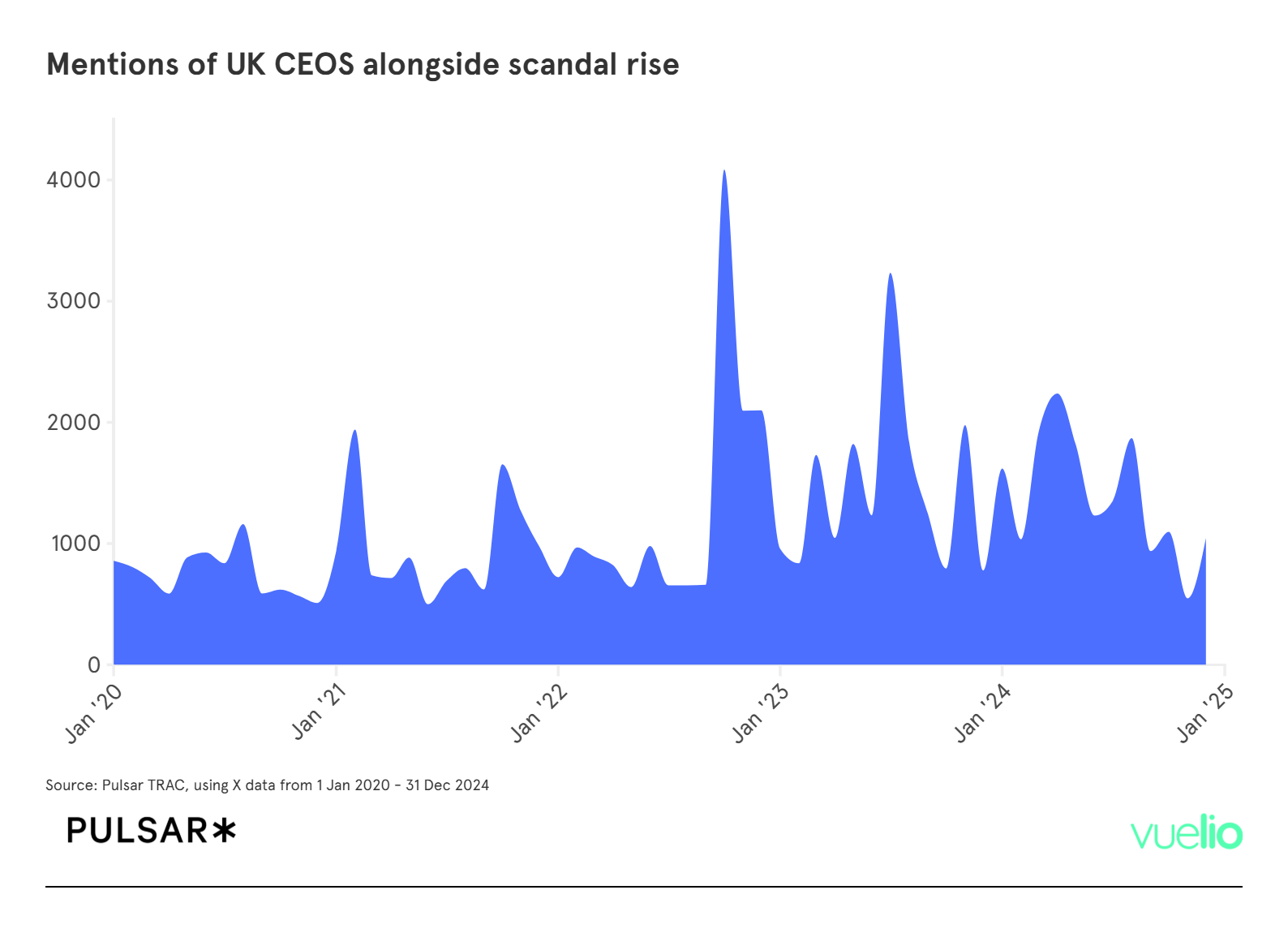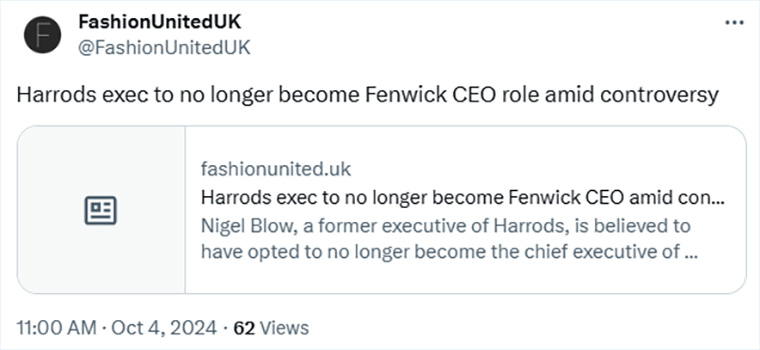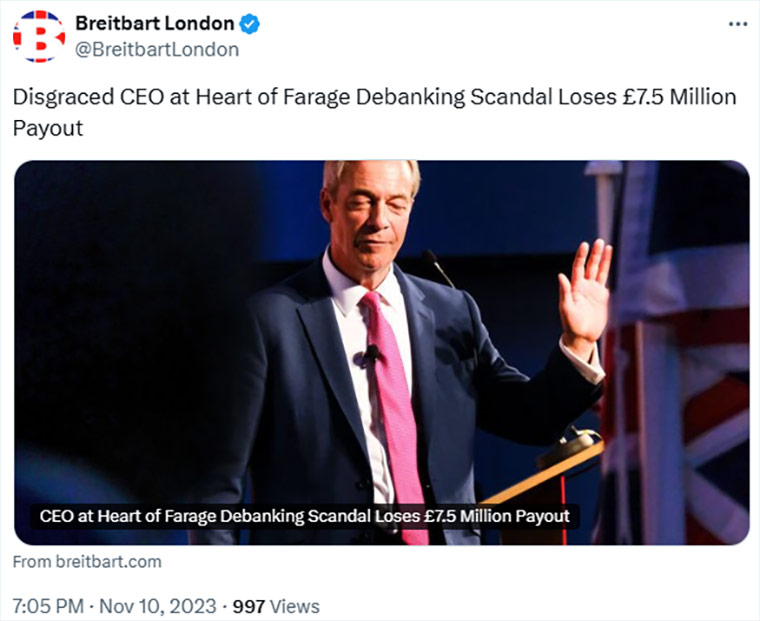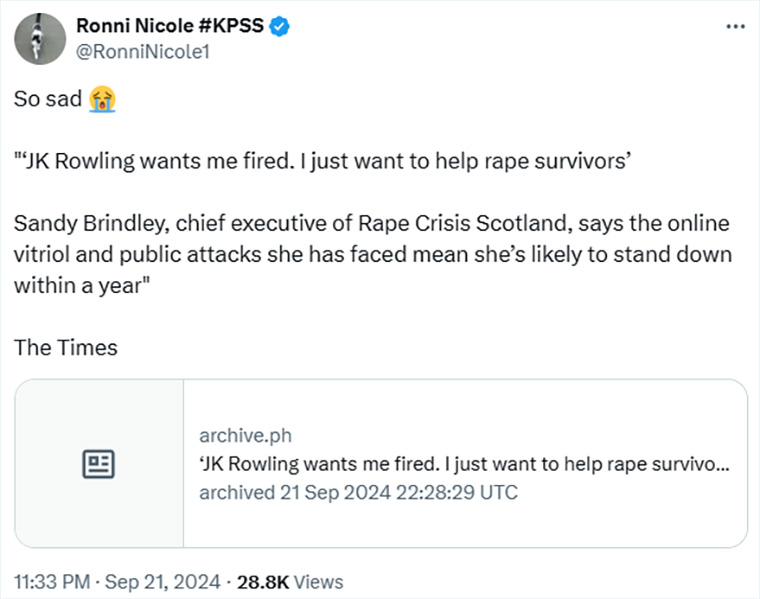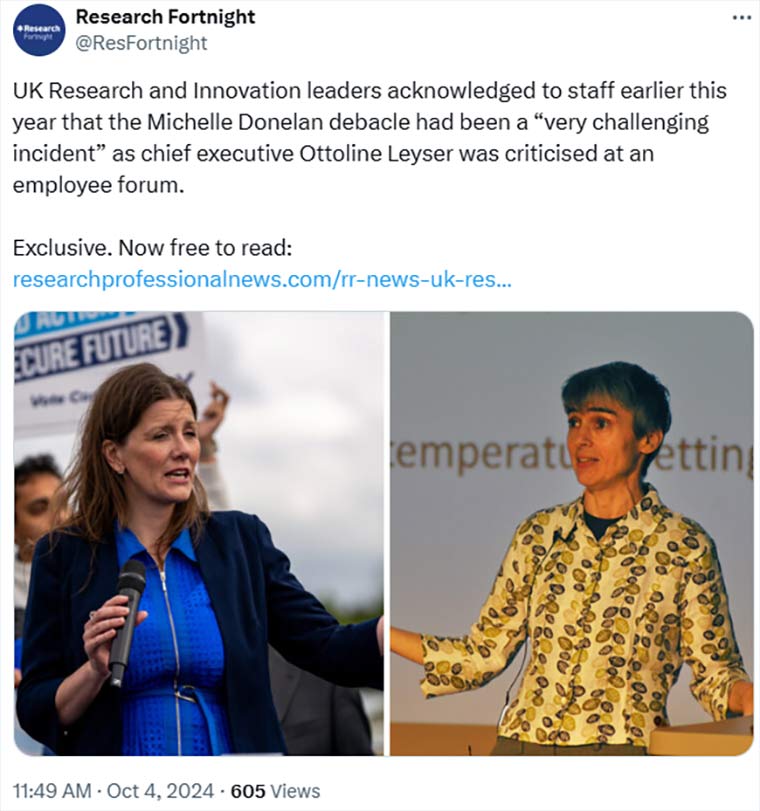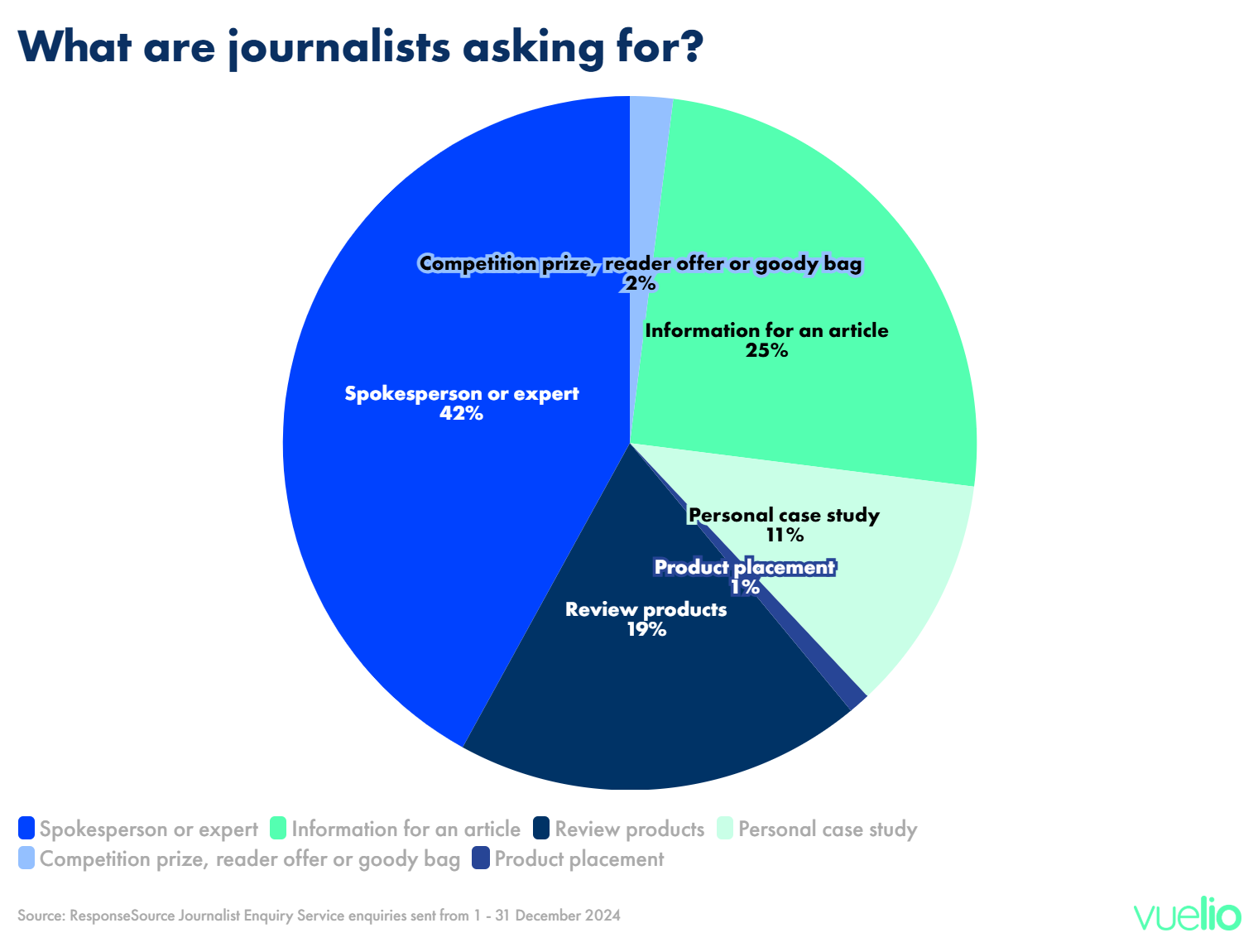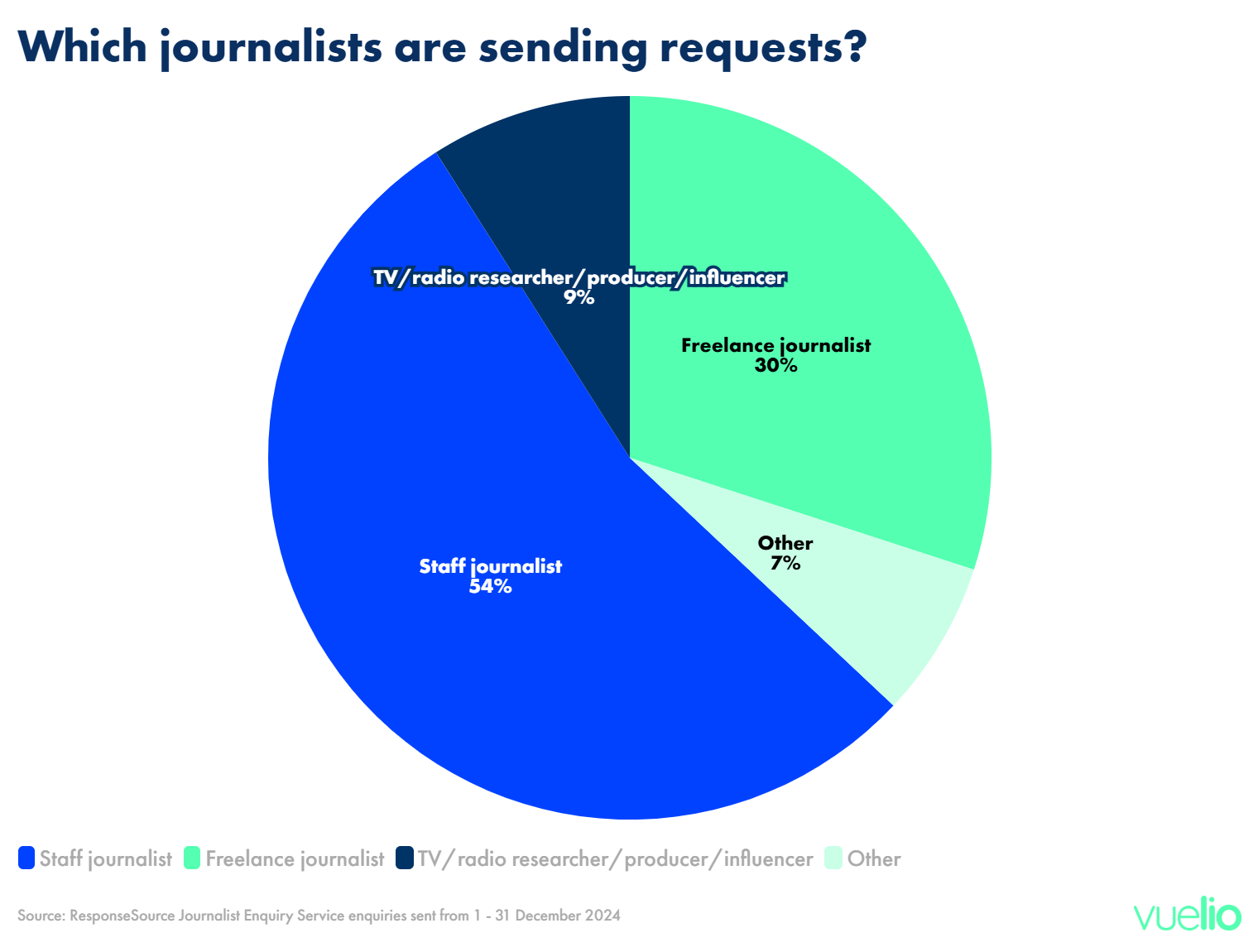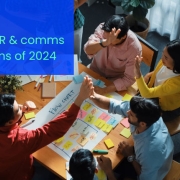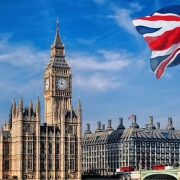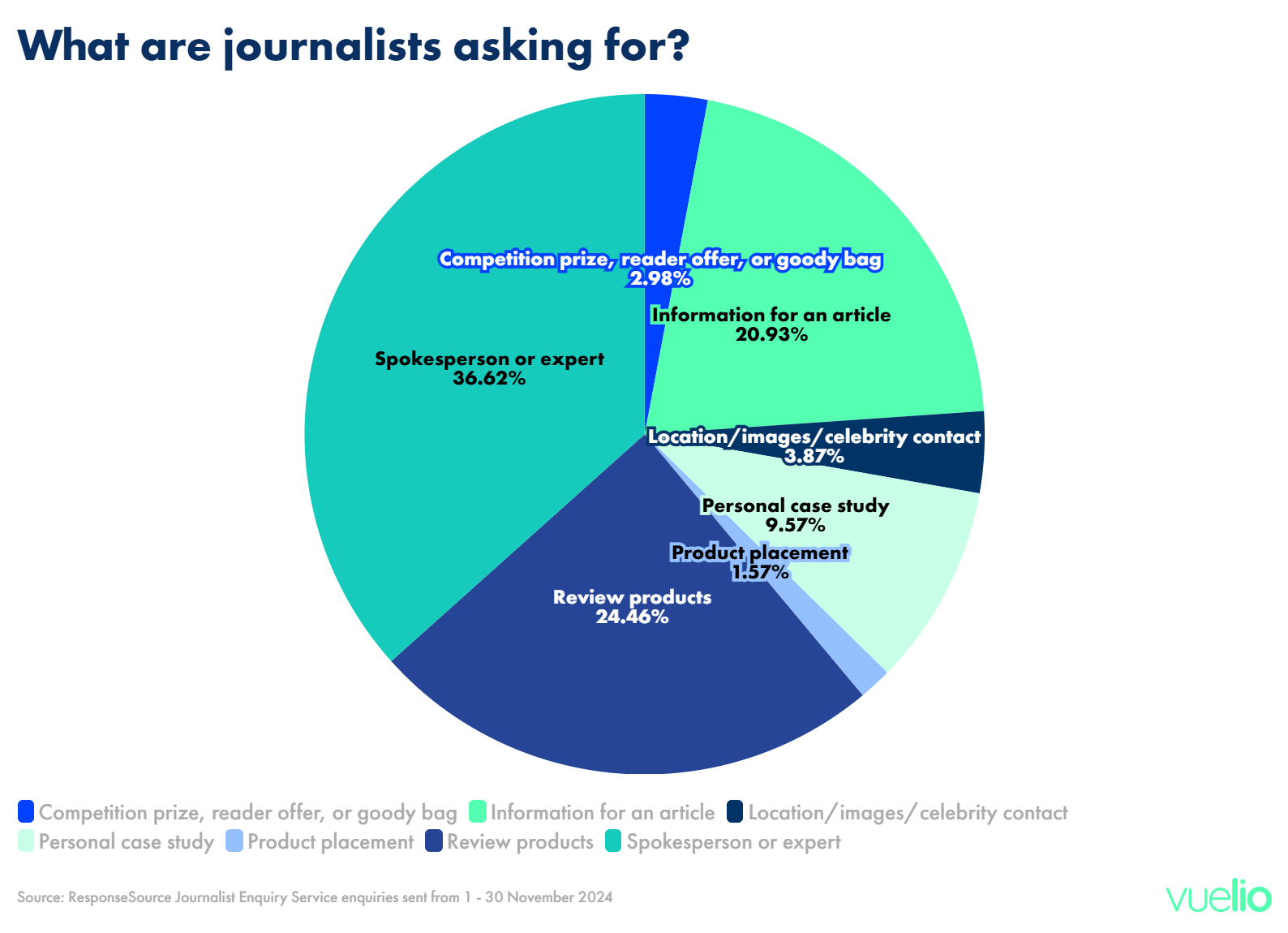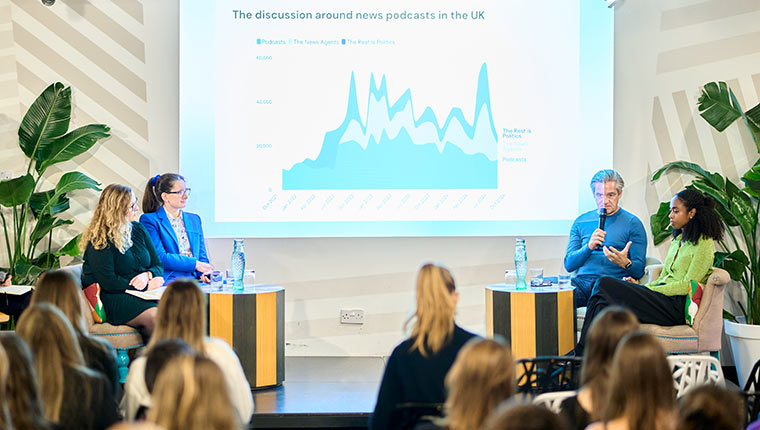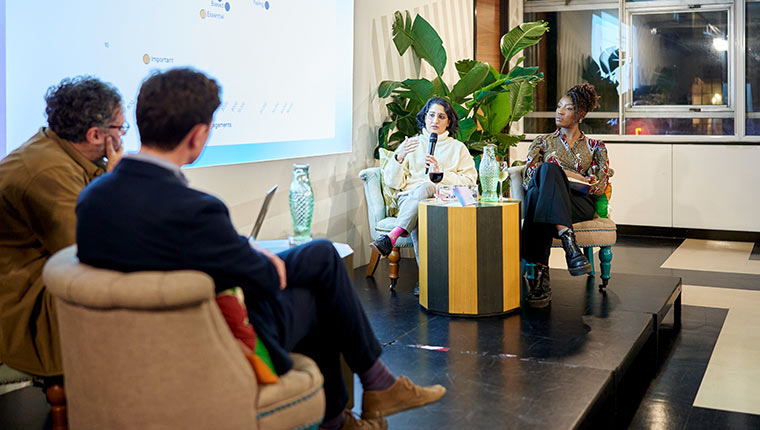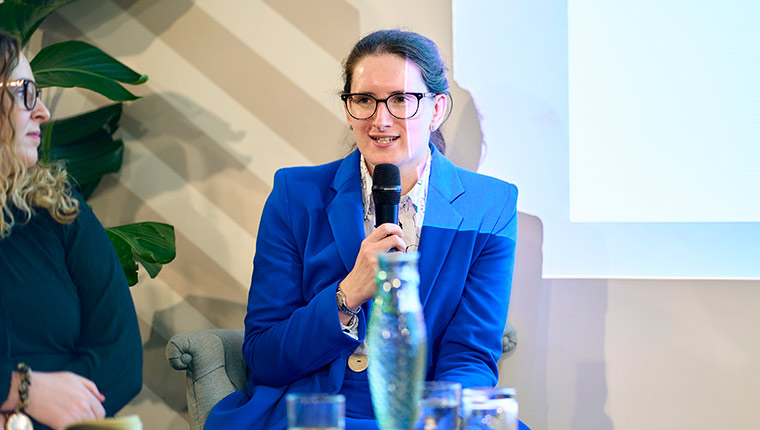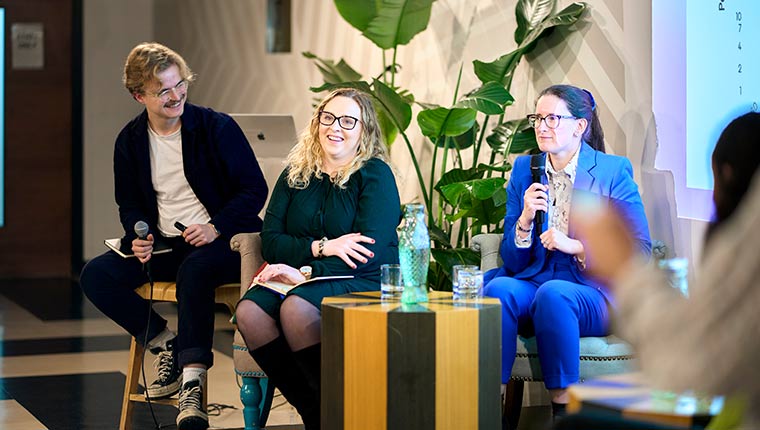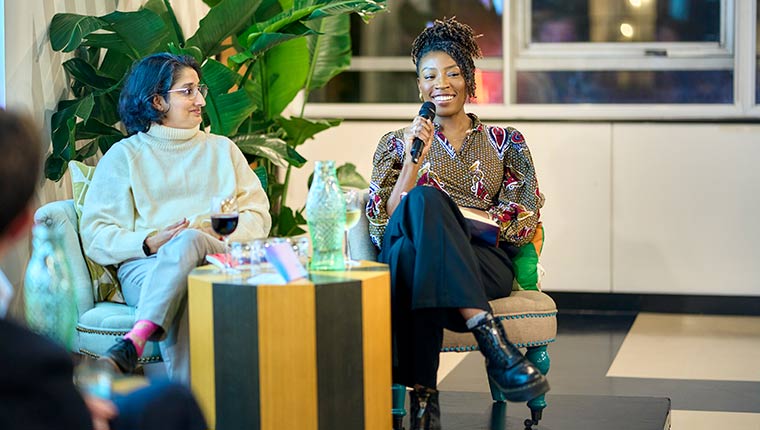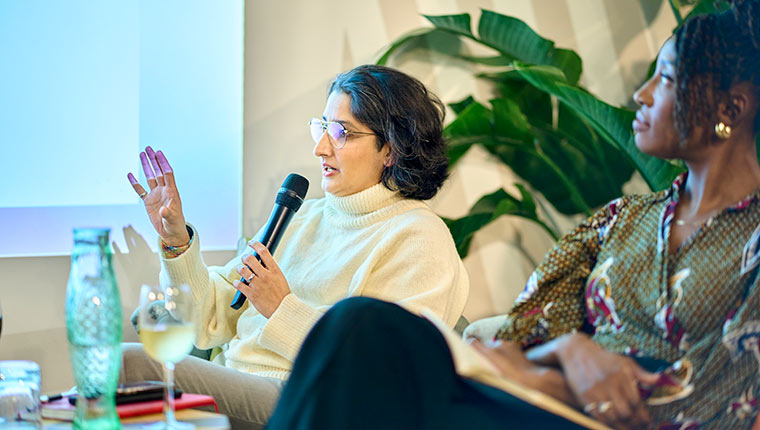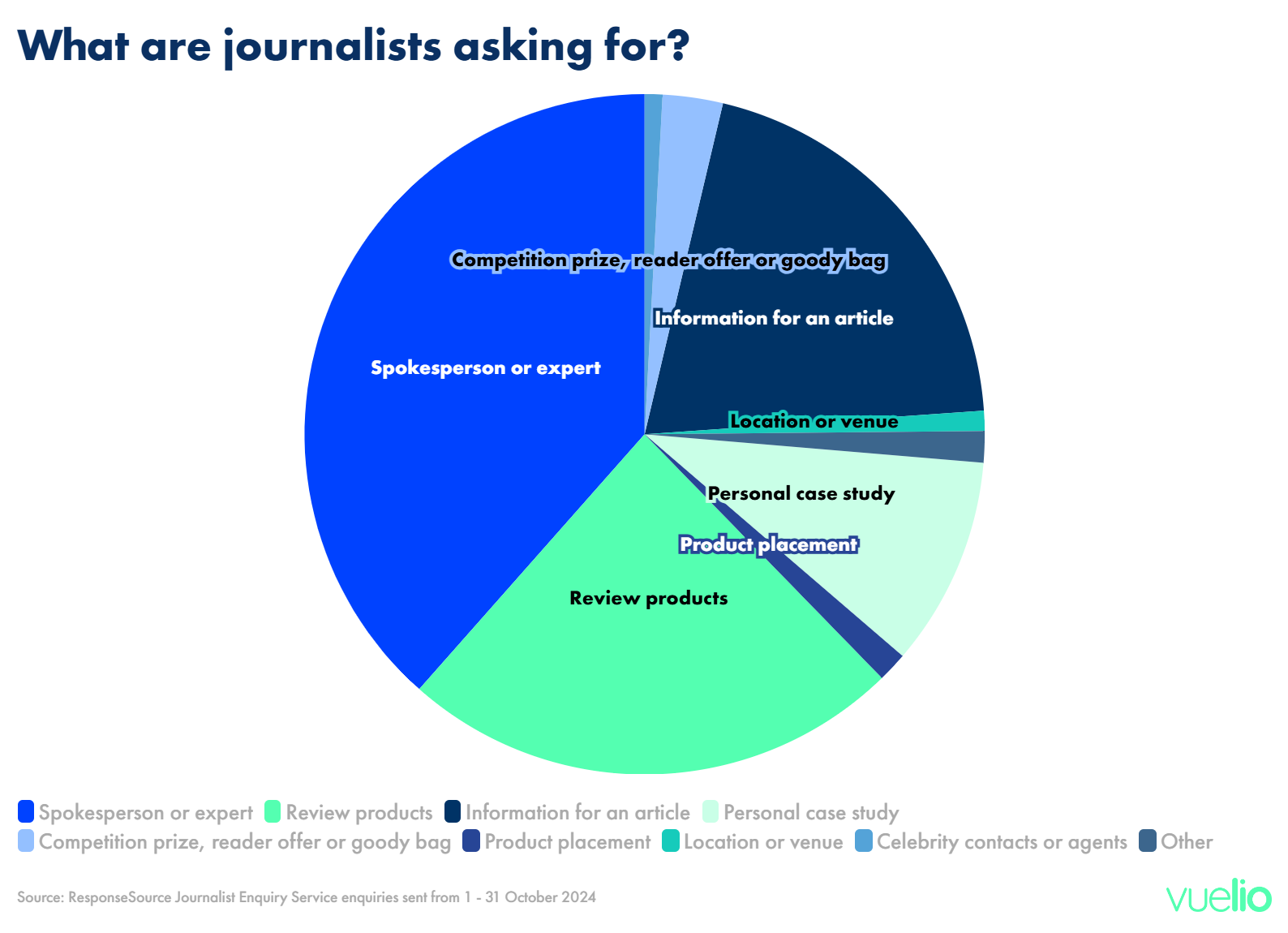In a year where AI seemed to be taking over, social media turned into the wild west, and global political unrest can make many jobs seem somewhat trivial, PR and comms has been under extra pressure to get attention on the right stories, and keeping the public informed.
What lies ahead for the communications industry in 2025? Here are predictions and pointers from 34 PR experts readying for what is to come – take note of these PR trends for 2025…
1) Social media platforms held to account
‘We are already seeing major organisations like The Guardian and CIPR move away from platforms for ethical reasons. However, I think we need to be cautious about how we embrace this. It’s important to use these platforms objectively, otherwise we should look at the ethical practices of all platforms equally. Pausing activity on a platform is symbolic but isn’t necessarily disruptive particularly in an era when clear, fact based comms is crucial. We should be leaning into remaining on these platforms and objectively sharing updates which speak truth to power.’
– Ronke Lawal, PR and communications consultant, Ariatu Communications
2) Conflicting comforts
‘Brand communications will need to be more agile in 2025 as we enter an age of the contrarian consumer. A mindset that cuts through socio-demographics, centred on people’s comfort in being conflicted across their wants, needs and influences.
‘Examples include: the rise of the phygital retail experience; micro communities being Gen Z’s biggest force of influence; shoppers flipping from “quiet luxury” to “underconsumption core”; and the “everyday hacktivists” that are driven by purpose…but simply cannot resist a good deal.’
– Estelle Boon, group managing director – brand, social & influence, Ketchum
3) A return to long-form
‘Tortoise Media’s acquisition of The Observer feels significant. We’re growing exhausted of short-form media. The future for organisational reputation lies in earned and owned media strategies that slowly yet sustainably build credibility and foster long-term engagement.’
– Stephen and Sarah Waddington, directors of Wadds Inc. and founders of Socially Mobile
4) Stronger bonds between PRs and journalists
‘When Connectively/HARO announced they were shuttering the site, some suggested that an influx of AI-generated comments and experts were behind the deterioration of the site. Journalists having to battle ever-increasing amounts of generic AI content is likely to mean strong relationships between journalists and PRs will become more valuable.
‘Engaging with journalists in different ways and demonstrating trust and value in your interactions could mean expert comment outreach looks different next year.’
– Damon Culbert, digital PR manager, Add People
5) Assistance from AI…
‘Artificial intelligence will be a game-changer for B2B PR by 2025, especially in science and engineering. AI will streamline processes like drafting technical press releases, creating thought leadership content, and tailoring pitches to specific industry journalists or analysts.’
– Richard Stone, founder and managing director, Stone Junction
‘Next year’s big trend will be AI-driven personalisation. Demographic segmentation is a thing of the past – now, technology allows us to tailor communications to each consumer. Agencies that embrace this while respecting privacy will see unmatched engagement. But authenticity is key. Brands that give a voice to marginalised groups, like Richie Shazam’s work with Levi’s, demonstrate how real stories resonate and push past traditional marketing tactics.’
– Riley Gardiner, founder, No Strings Public Relations
6) …while maintaining trust with a human touch
‘We’re going retro. In a media landscape increasingly cluttered by AI slop, automated messaging and disinformation, savvy practitioners will use their expertise to forge authentic human connections and maintain trust-based relationships.’
– Stephen and Sarah Waddington
‘Consumers are increasingly discerning. Trusted content is valued more than ever, driven by younger generations shaping the media landscape. PR teams must embrace AI and data-driven insights while maintaining a human touch.’
– Jonathan Curtis, chief commercial officer, Grayling Global
7) Moving past purpose washing
‘We are finally turning our backs on purpose-washing, and the stage is now clear for the brands with purpose at their core to have the spotlight. I expect to see purpose-led brands finding new ways to tell stories and drive fame in a way that entertains, educates, and inspires the masses to consume differently.’
– Kamiqua Lake, founder and CEO, Coldr
‘2025 will be the year of accountability for brands – especially when it comes to sustainability commitments. We want to see brands that follow through – proof of what they HAVE done, not just what they say they’re going to do. And, are these sustainability values genuinely carried out across all layers of the guest experience, or selectively applied where it suits? For example – as much as smashed avocado is a widely popular and healthy breakfast dish, why am I seeing it on hotel menus across the world during months when they are not in season?’
– Pippa Brindley, managing director, The Comms Collective
8) Experts needed
‘Short-term tactics no longer suffice; users seek reliable and trustworthy information, aligning with Google’s mission to think like a user. As a result, PR efforts will have to increasingly focus on enhancing the reputation of key experts and spokespeople within organisations, with a strong emphasis on specialist and trustworthy content.’
– Daisy Wolfenden, managing director, Wolfenden
9) TikTok and LinkedIn will continue to grow
‘TikTok will continue to grow and remain an important marketing tool for brands to take advantage of a highly engaged, young audience. LinkedIn will also remain important with more than 700 million reported users across the globe. We’ll see more thought leadership pieces on this platform and in 2025, it will continue to be a powerful tool for brands looking to position themselves as industry leaders.’
– Gareth Hoyle, managing director at Coveragely
10) And Substack will get more subs
‘Many journalists are launching their own newsletters and building strong niche audiences there – from restaurant reviewers to wellness gurus. I’m already seeing this pop up in journo requests.’
– Lucy Sambrook, PR specialist, Seed
11) Podcast infiltration
‘Podcasts are nothing new in the world of PR, but the power of them was proven in the US election this year. The global podcast audience has more than doubled in the last five years, with over 460M podcast listeners globally by 2024, and expected to rise even more in 2025.
‘I think for 2025, we’ll see podcasts infiltrating all our other mediums even further. Rather than just a way for us to listen to peoples experiences and point of views, they will be used as propaganda tools for maximum impact as they can achieve even more significant reach.’
– Jasmine Wicks-Stephens, founder, Known
12) Bigger brand personalities
‘Clarity in branding will be more important than ever – the average person now consumes around 74 GB of information daily, an equivalent to watching 16 movies or spending seven hours online. Having a clear narrative and consistent messaging is crucial to cut through the noise and capture attention.’
– Sarah Woodhouse, director, strategic communications agency, AMBITIOUS
13) Increased client and consumer interaction
‘Consumers are hungrier than ever to get to know a brand deeply – to enter the brand universe via creative, welcoming and exciting activity. This could be in real life interactions via pop-ups and consumer events or simply from receiving extra gifts, online experiences when shopping or surprise and delight moments for loyal customers.’
– Rachel Humphrey, founder and director, Brand Building Co.
14) More metrics
‘How PR agencies and professionals measure campaigns and prove ROI will continue to evolve. As marketing budgets remain squeezed, intelligent measurement will be critical to both understanding what worked and why, as well as informing the strategy of future projects.
‘As solutions become ever more sophisticated, affordable and user friendly, this will democratise measurement even further – meaning boutique agencies and freelancers will have the same opportunities as larger brands to provide clients with bespoke metrics that reflect objectives.’
– Alice Regester, CEO and co-founder, 33Seconds
15) Comms for causes
‘I think some of the most successful campaigns next year will have a societal cause – tackling a social issue, helping to raise awareness or offering a solution at a local or national level. We’re already seeing brands much more focused on living their values and willing to step outside of traditional media comms.’
– Rachel Humphreys, PR lead, Digital Hub, Motorpoint
‘Agencies must guide brands in taking authentic stands on societal issues, as consumers increasingly demand alignment between values and actions.’
– Bethanie Durham, associate director, NORTH
16) Greater inclusion
‘Diversity, equity, and inclusion will continue to shape campaigns. Audiences are demanding action, not just performative gestures, and brands will be held accountable.’
– Joseph Hagan, founder, Streamline PR
17) Accessible content
‘Content creation will continue to be key when many media platforms are struggling with their budgets. The content doesn’t need to be polished or expensive – just accessible to wide audiences, so the continued use of Alt description and Audio Description and subtitling will make messages and content not just accessible for people with sensory loss – but will reach wider audiences anyway especially through smartphone and tablet devices.’
– Gorki Duhra, press manager, Royal National Institute of Blind People RNIB
18) Comebacks for real world experiences
‘While digital remains crucial, the pendulum is swinging back to real-world experiences. I think we’ll see a peak in small, face-to-face activations as well as large-scale events starting to become more important, as audiences crave authentic, in-person connection.’
– Rachel Irvine, founder and CEO, Irvine Partners
19) The pivot to video continues
‘2025 will also see an ever-growing demand for great video content. Whereas a strong set of pictures was once the minimum requirement for any press campaign or release, a clip that works online and across socials is now an absolute must. Agencies who don’t deliver on that are likely to struggle to find a home for their content.’
– Nick Owens, founder, Magnify PR
20) Evolution out of owned/earned/paid
‘Many clients still operate in silos but that is changing, and needs to change. It’s all about how best to reach an audience that now consumes media in a very different way. Content has always been the key to a successful PR campaign, but the industry needs to work hard to convince clients to look beyond traditional channels to help that content reach their audience.’
– Jo Preston, group board director, Teamspirit
‘The changing face of the media, more subscriptions, more paywalls, more ‘charging’ for stories through ‘admin fees’ or similar so advertorial campaigns will become more important as media outlets find other ways to make money. So the snobbery around ‘earned’ content and paid-for content will have to gradually dissipate as media outlets look for other income streams. The media tends not to care about whether content is earned or not (PRs are obsessed with this), the media cares about the value of a story which fits their agenda at any given time.
‘Also terrible press releases are still terrible so that won’t lead to them being used just because money may change hands.’
– Fiona Scott, managing director, Scott Media
21) A revolution for reactive PR
‘With the speed of news cycles and social media, the days of ‘waiting and seeing’ during a crisis or opportunity are over. Next year, the brands that will win are those that master the art of being nimble. Whether it’s jumping on a cultural moment, like a viral meme or breaking news, or responding to public criticism, reactive PR needs to feel authentic, fast, and smart. But – and this is key – it can’t feel like a stunt. Consumers are incredibly savvy now, so reactive moves need to show you genuinely understand the context and the audience.’
– Sheridan Okey, head of digital PR, Tribera
22) Nano and news influencers to take over
‘The focus will shift away from big-name influencers to micro and nano influencers – those with smaller, highly engaged followings. It’s no longer all about the size of the following, but about the quality of those followers and their level of engagement.
‘By carefully selecting smaller but more relevant influencers and nurturing genuine, long-term relationships, the authenticity of the relationship will shine through and brands will gain access to a goldmine of engaged individuals.’
– Fay Clarkson, operations and account director, Honest Communications
‘Alternative methods of consuming media will continue to rise, and ‘newsfluencers’ will play a key role in shaping how we consume information. ‘Newsfluencers’ are individuals who have a significant following through non-traditional media channels such as podcasts, Substack newsletters, YouTube, or social media.
‘They have unique and loyal audiences that are difficult to reach through traditional media, and activating them in PR and comms campaigns will become far more common in the next year. These alternative media forms are becoming far more popular, with 71% of Gen-Z using social media to obtain news, so failing to incorporate this trend could cause companies to fall behind and appear out of touch.’
– David Clare, director, Fire on the Hill
23) PRs navigating a less (cyber)secure world
‘While misinformation is not a new phenomenon, it has been amplified by the advent of the digital age – the wide adoption of LLMs has also exacerbated the issue. Platforms like ChatGPT act as human amplifiers and therefore only as good as the data which feeds into them leaving them prone to biases and inaccuracies.
‘This wave of change could have a significant impact on businesses affected, decimating consumer trust and potentially wiping out a company overnight.’
– Becca Williams, CEO, Antidote Communications
‘With rising concerns over data breaches and ransomware attacks, PR professionals need to focus on crisis management and proactive communication strategies. The integration of AI tools like ChatGPT is enhancing real-time threat analysis and enabling faster, more accurate responses to security incidents. Transparency will also be critical—brands must effectively communicate how they’re safeguarding data to maintain trust. Another emerging trend is the use of immersive storytelling, such as VR and AR, to educate audiences about cybersecurity threats in an engaging way.’
– Rose Ross, CEO, Omarketing
24) Extra opportunities for freelancers
‘The national insurance hikes will almost certainly have a considerable impact on the way that PR and comms teams operate throughout 2025. This could limit opportunities for businesses to grow and scale their in-house teams, but this offers a welcome opportunity for the thriving freelance sector.
‘For PR agencies (as well as in-house teams), the ability to rely on experienced freelance PRs to support specific campaigns (or provide longer term, retained support) offers a streamlined, yet flexible solution that will give businesses more breathing room to adapt to financial, technological and societal changes.
– Amy Dawson, owner, Gatekeeper Communications
25) PR trends 2025 – an industry back at the head of the table
‘2025 will also be the year when the PR industry take its place as the conductor, rather than part of the band. Earned, owned and paid channels are blurring. Digital PR’s stock is rising. Successful campaigns will centre on great insight-led creative thinking that is cleverly executed across multiple channels to deliver measurable impact. Our innate ability to identify a story that will cut through, willingness to lean into new content forms and channels, teamed with increased ability to provide awareness & engagement metrics, means PR is primed to take a bigger slice of the marketing pie.’
– Kelly Pepworth, managing director, Speed Communications
‘Strategic consultation is going to be increasingly important for PR and comms teams next year. After fighting for a seat at the table, PR teams have become a much more valued asset for C-suites to provide trusted counsel.’
– Ed Sheldon, account director, Tank
‘PR is poised to evolve into a revenue-driving powerhouse. Historically, PR’s value was often seen in softer metrics, but the landscape is shifting. With Google’s increased emphasis on brand strength and measurable impact, PR professionals now have the tools to quantify the results of their efforts. This shift is particularly critical in light of economic challenges, where budgets are under greater scrutiny. Both traditional and digital PR practitioners will need to prove their worth, showcasing the tangible outcomes their campaigns deliver. Measurement, transparency, and a clear connection to ROI will no longer be optional – they’ll be essential.’
– Jane Hunt, co-founder and CEO, JBH The Digital PR Agency
Want more 2025 PR trends? For more on the growing influence of social media channels like TikTok, download our reports ‘Tiktok journalism: The platform’s impact on news audiences‘ and ‘Hold the homepage! How scoops circulate through the modern media landscape‘.




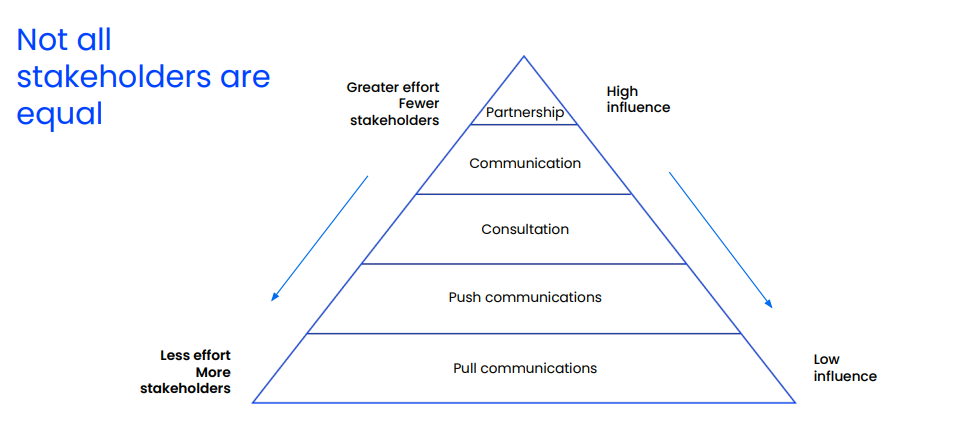
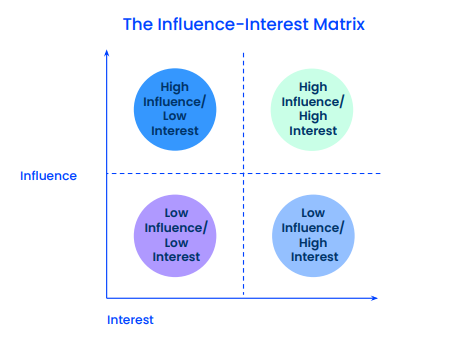 To analyse the influence and interest of your stakeholders, start by establishing a list of issues, industries, or activities to measure their interest against.
To analyse the influence and interest of your stakeholders, start by establishing a list of issues, industries, or activities to measure their interest against.
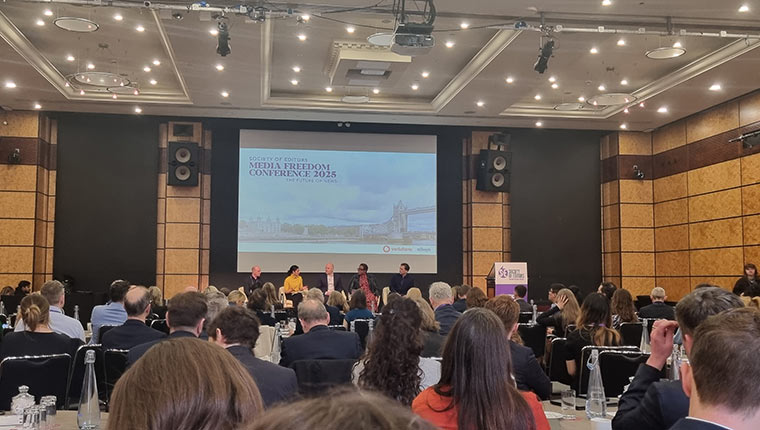



 Sarah Waddington, Director of
Sarah Waddington, Director of 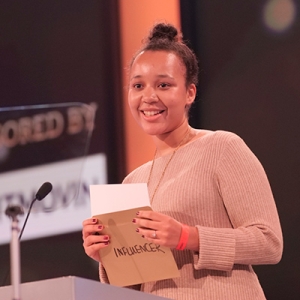 Zoe Mumba Beard, Head of PR & Communications,
Zoe Mumba Beard, Head of PR & Communications,  Advita Patel, Director of Comms Rebel, co-host of
Advita Patel, Director of Comms Rebel, co-host of  Hayley Knight, Founder,
Hayley Knight, Founder,  Hilary Collins, Founder,
Hilary Collins, Founder,  Angela Yore, CEO of
Angela Yore, CEO of  Chloé Nelkin, founder and Director,
Chloé Nelkin, founder and Director,  Rachel Roberts, CEO and Co-Founder of
Rachel Roberts, CEO and Co-Founder of  Sarah Woodhouse, Director,
Sarah Woodhouse, Director,  Emma Heley, Co-Founder and MD, Thinking Hat Media
Emma Heley, Co-Founder and MD, Thinking Hat Media

